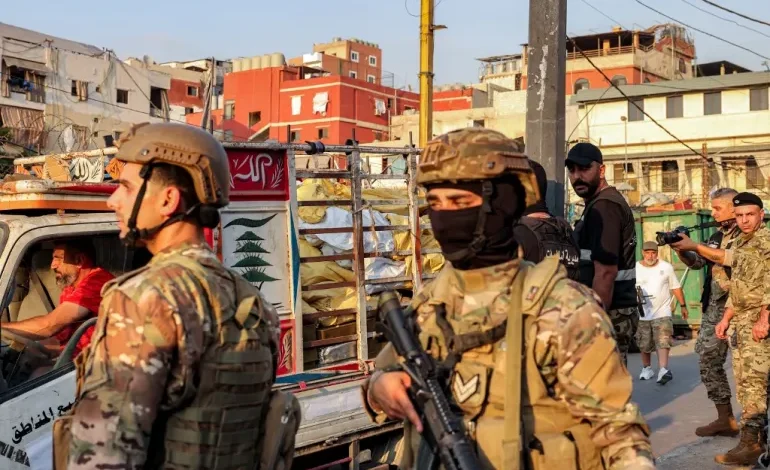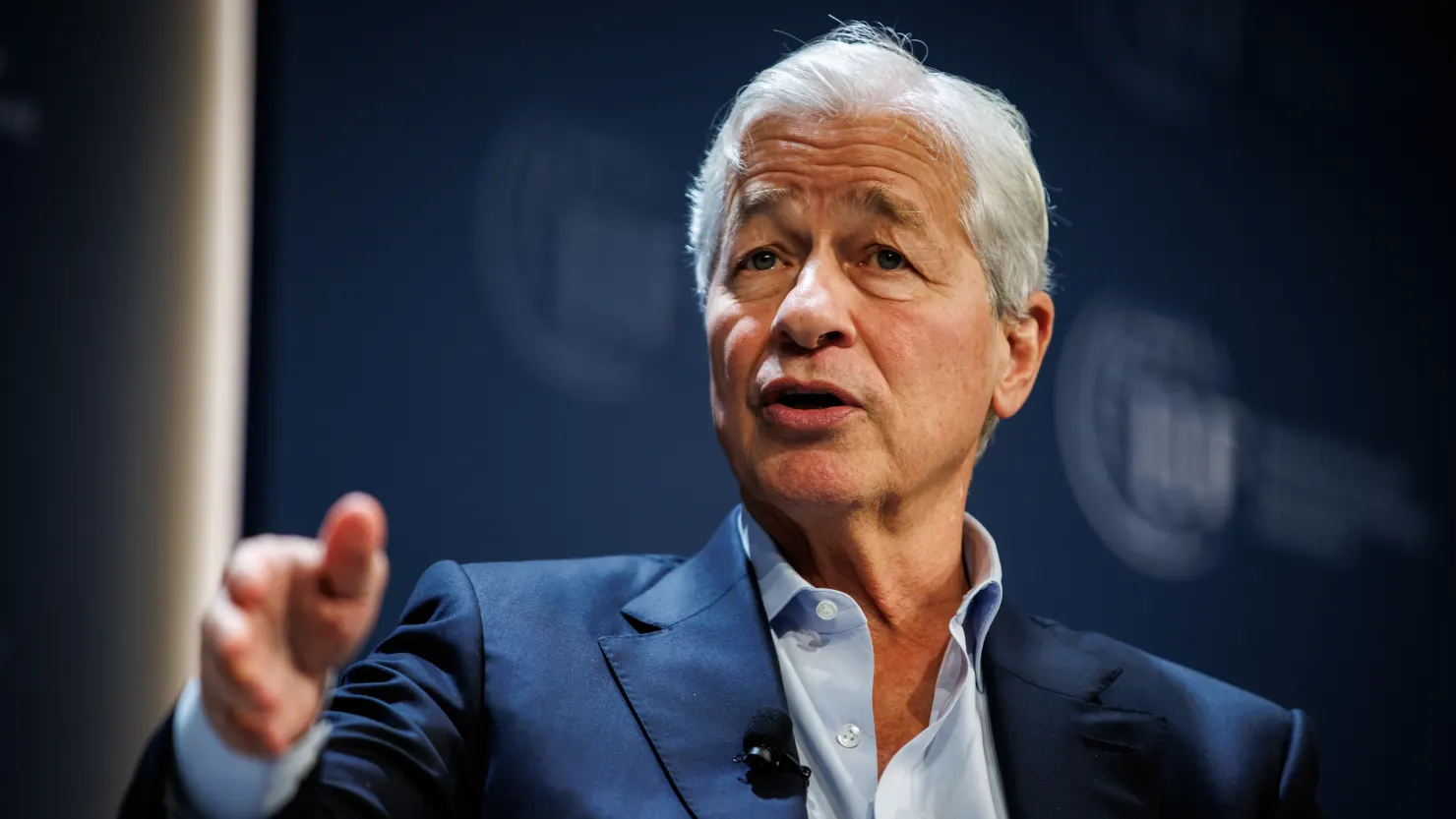Lebanon Begins Disarming Palestinian Camps, Starting in Beirut

Lebanon has kicked off a new push to collect weapons from Palestinian groups in its refugee camps, starting with Burj al-Barajneh camp in Beirut.
The prime minister’s office said on Thursday that arms have already been handed over to the Lebanese army, marking the beginning of a wider disarmament effort that will roll out in other camps in the coming weeks.
A Fatah official told Reuters that the weapons surrendered so far weren’t long-held stockpiles but “illegal arms” that had only recently entered the camp. TV cameras caught military vehicles moving inside Burj al-Barajneh, but it wasn’t clear exactly what kind of weapons were given up.
This move follows Lebanon’s commitments under a US-backed truce between Israel and Hezbollah last November, which limited the right to bear arms strictly to six official state security agencies. Despite the deal, Israeli strikes on Lebanon have continued regularly since late 2024.
According to the government, the army must now draw up a broader plan by the end of the year to ensure all weapons are under state authority.
The decision to go after Palestinian factions’ weapons was agreed on in May during a meeting between Lebanese President Joseph Aoun and Palestinian President Mahmoud Abbas. Both stressed that sovereignty rests with the Lebanese state, and that militias cannot continue to operate in parallel.
For decades, Palestinian groups like Fatah, Hamas, and the Popular Front for the Liberation of Palestine (PFLP) have controlled Lebanon’s 12 refugee camps, which largely function outside state oversight. This new initiative is being described as the most serious attempt in years to change that balance.
The history runs deep: Palestinian resistance groups took root in Lebanon after 1948, when more than 700,000 Palestinians were displaced following the creation of Israel. Many refugees in Lebanon still lack basic civil rights, such as access to jobs or property ownership, which has left armed factions as both protectors and power brokers in the camps.









The latest news in your social feeds
Subscribe to our social media platforms to stay tuned